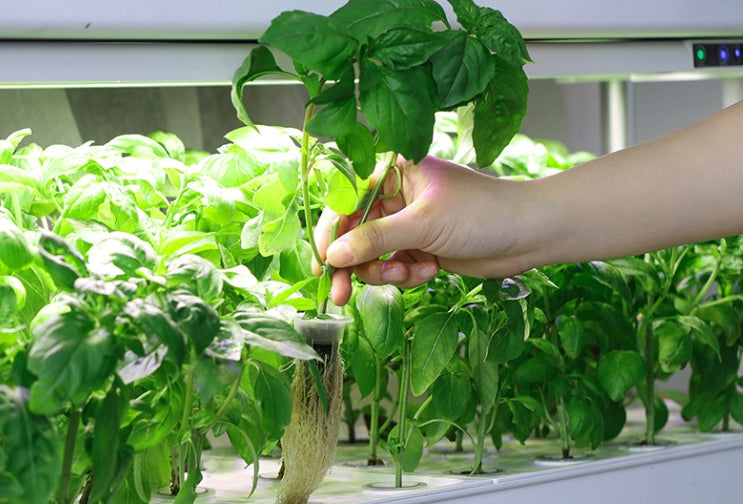
Why Hydroponic Vegetables Haven't Gone Mainstream – Explore the Reasons
Hydroponic vegetables offer significant advantages over traditional soil-grown varieties, particularly for small-scale home cultivation on balconies. However, hydroponic systems have not gained popularity as anticipated and have experienced relatively slow development. The main constraints limiting their expansion include:
-
Technical Barriers and Costs
Hydroponic cultivation requires specific technical knowledge and experience to ensure healthy plant growth. For novice home gardeners, mastering these techniques demands considerable time and effort.
The initial investment is higher than traditional soil gardening, as hydroponic systems require specialized equipment such as nutrient solutions, cultivation containers, and water pumps.
Maintaining water quality is crucial, necessitating regular nutrient solution changes, which adds to the ongoing maintenance costs. -
Taste and Nutritional Value
Some consumers perceive hydroponic vegetables as inferior in taste, describing them as bland compared to soil-grown counterparts .
There is ongoing debate regarding whether hydroponic vegetables match the nutritional value of soil-grown produce. -
Market Awareness
Many consumers lack understanding of hydroponic methods, leading to misconceptions about their safety, taste, and nutritional quality.
Inadequate marketing efforts and limited availability of fresh, high-quality hydroponic vegetables in markets further hinder consumer adoption. -
Policy and Industrial Support
There is a lack of policy incentives for the hydroponic industry, such as tax benefits or support for technological research and development.
The supply chain for hydroponic vegetables remains underdeveloped, with insufficient availability of supporting infrastructure like seeds, nutrient solutions, and specialized equipment. -
Other Factors
Traditional soil-based farming practices are deeply ingrained, and many people remain accustomed to conventional methods.
Some consumers view hydroponic vegetables as "less natural" and feel a reduced sense of connection to the growing process.
Future Development Trends:
With advancements in technology and rising living standards, the benefits of hydroponic vegetables are gradually gaining recognition. As the technology evolves, costs decrease, and systems become more user-friendly, coupled with enhanced marketing efforts and increased consumer awareness, hydroponic cultivation holds significant potential for future growth.
For more product information, please contact my email: z15194171632@gmail.com
